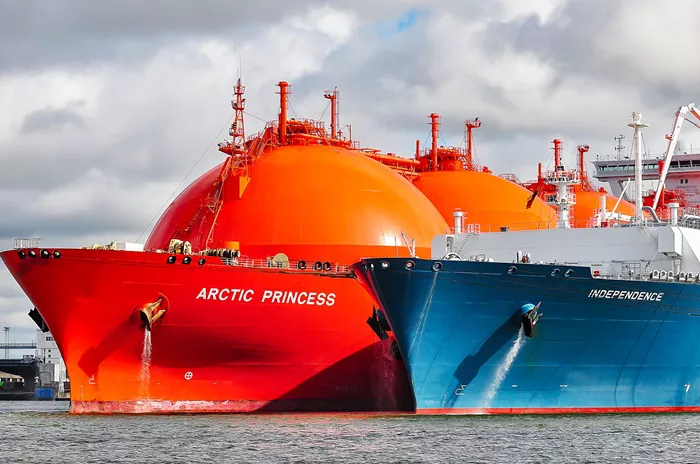In a notable shift, the European Union (EU) is ramping up its efforts to reduce Russia’s economic and military leverage following the country’s ongoing invasion of Ukraine. Over the past 24 hours, reports have indicated that Brussels is exploring more aggressive steps to cut down Russia’s hydrocarbon and metal export revenues, which have so far remained resilient despite previous sanctions.
Russia’s LNG exports to the EU had largely gone untouched amid Western sanctions targeting the nation’s economy and military infrastructure. In 2024, these exports hit record highs, bolstered by increased shipments of liquefied natural gas (LNG) to Europe. While Russian gas pipeline volumes to Europe have seen a significant drop, especially after the termination of a major transit deal with Ukraine, LNG flows continued unabated, benefiting Moscow’s economic resilience.
However, recent developments suggest a significant shift in policy. The re-election of Donald Trump as U.S. president, combined with a global surge in LNG production, appears to have provided the EU with the political impetus needed to target the heart of Vladimir Putin’s regime. In the wake of sanctions imposed by the U.S. and the U.K. on Russia’s maritime oil fleet—referred to as its “dark fleet”—which had already reduced Moscow’s oil export capacity by 25-40%, Russia’s LNG exports are now under intense scrutiny.
EU diplomats are considering a phased reduction of its reliance on Russian LNG. At the same time, additional sanctions targeting Russian aluminum, further restrictions on Russian banks and oil tankers, and expanded military sanctions are all on the table.
Putin’s government is already facing mounting economic strain, with inflation at 9% and interest rates soaring at 21%. Despite official GDP growth figures, signs of economic fragility are becoming more evident, particularly with diminishing foreign currency reserves. While markets in Asia continue to absorb Russia’s oil and gas exports, price pressures from key buyers like China and India are eroding Russia’s ability to command premium prices. With Russia’s LNG exports increasingly central to its economy, a full EU phase-out would have a severe impact on ongoing projects and long-term growth.
These new measures are expected to be incorporated into the EU’s 16th sanctions package, though political hurdles remain. Several EU member states, including Hungary, Slovenia, and Slovakia, have expressed reluctance to quickly enact these sweeping sanctions, potentially slowing down the process. Moscow, recognizing the EU’s cumbersome decision-making, is also mindful of potential complications arising from a potential trade conflict between the U.S. and EU under a Trump administration, particularly concerning U.S. LNG imports.
Compounding these challenges are the EU’s new methane regulations, which will go into effect in May 2025. Under these rules, stringent reporting on methane emissions for all hydrocarbon imports will be required, and non-compliant suppliers could face penalties as severe as 20% of their annual turnover. The regulations have raised concerns among major LNG exporters, including Qatar, who have warned that strict enforcement could disrupt their ability to meet the EU’s supply demands, given the difficulty in meeting the required methane data standards.
Despite the EU’s strong rhetoric and increased sanctions efforts, loopholes continue to complicate enforcement. Reports indicate that EU-based shipyards are still repairing Russian ice-class tankers, essential for transporting LNG through the Arctic. Maritime sources suggest that shipyards in France and Denmark are maintaining most of Russia’s Arc7 tankers, which are integral to the Yamal LNG project—one of the major sources of Russia’s LNG exports.
While the EU’s sanctions and diplomatic measures represent a step in the right direction, their overall effectiveness in undermining Putin’s war economy remains uncertain. To have a meaningful impact, Brussels would need to impose stricter sanctions and ensure tighter enforcement. However, the delicate balancing act between maintaining energy security, meeting environmental, social, and governance (ESG) goals, and achieving a unified stance on sanctions will remain a major challenge for the EU in the coming months.

